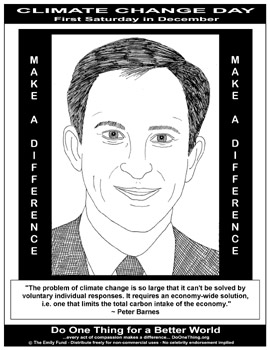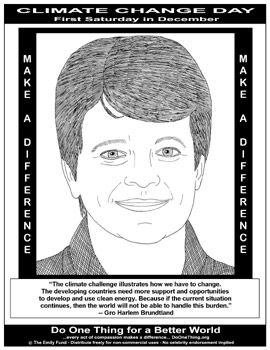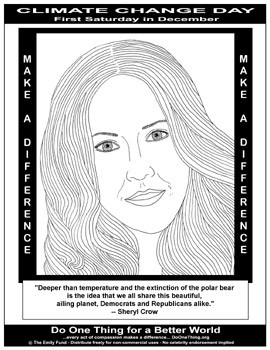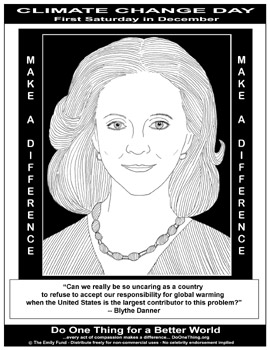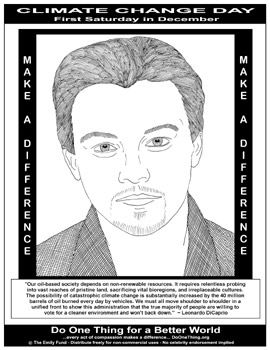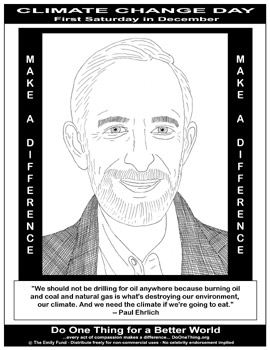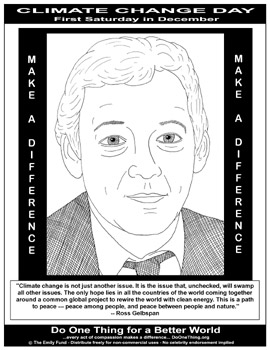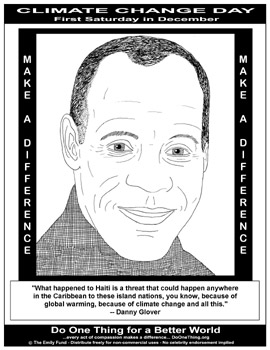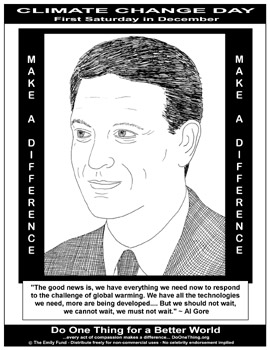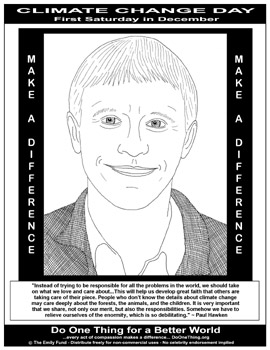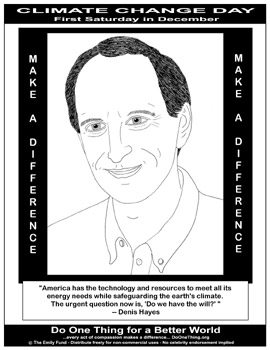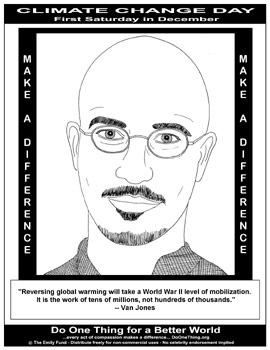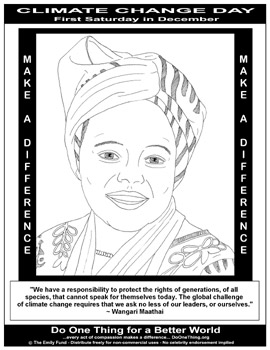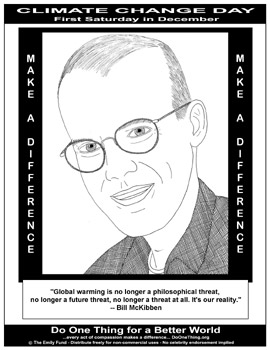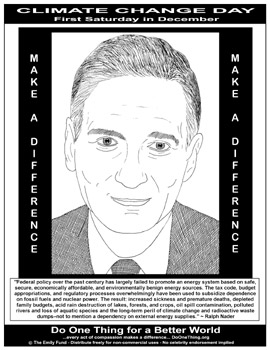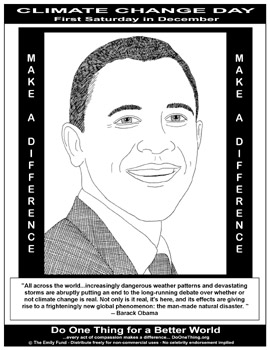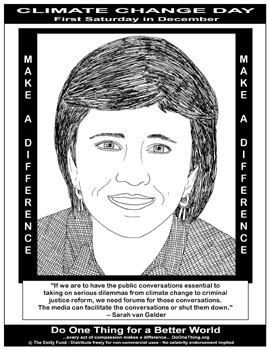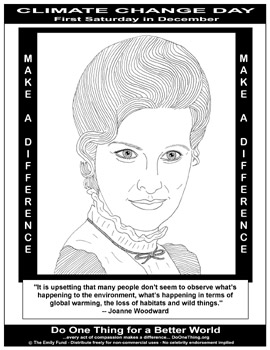Some
believe that global climate change is one of the biggest problems
threatening the future of our planet. Over the last decade or so,
the average temperatures have been higher than usual all around the
world. These warmer conditions have caused unusual melting of ice
capped mountains and of glaciers at the earth's poles, as well as
more severe weather conditions and loss of wildlife habitat. Sea levels
are also rising and scientists worry that many highly populated places
will soon be in danger of severe flooding. Most scientists believe
that these are not just random occurrences but that the earth's climate
is actually changing.
Natural
causes have changed the earth's climate in the past, but scientists
believe that these current changes are due to human activities, and
that they are larger and are happening faster than at any other time
in modern history.
The
current changes in the earth's climate are mostly due to the burning
of fossil fuels, like oil, coal and natural gas, to run our cars and
heat our homes. When fossil fuels are burned, carbon dioxide is released
into the atmosphere. Carbon dioxide is a greenhouse gas, which means
it helps trap heat. This is called the greenhouse effect. Life on
earth could not exist without carbon dioxide and other greenhouse
gases. The greenhouse effect keeps the earth warm - without it, heat
would escape from the atmosphere and the earth would be too cold to
support life. In addition, plants need carbon dioxide for photosynthesis.
This allows them to grow and produces oxygen as a waste product, which
all animals, including humans, need to breathe. But burning fossil
fuels creates much more carbon dioxide than plants can take in, and
the levels of carbon dioxide and other 'greenhouse gases' in the atmosphere
are rising, trapping in too much heat.
Global climate change isn't just something to worry about in the distant
future - it is already causing problems today that will get worse
if we don't work to solve it. The key to solving the global climate
change crisis is to reduce the amount of greenhouse gases we emit
into the atmosphere. This is something that nations have been actively
discussing, but because all humans use energy, it's also something
that each of us can help with, too.
There
are lots of ways that you can help, like reducing the amount of energy
you consume, switching to clean energy sources, whenever possible,
helping to educate your friends, family and community, and advocating
for legislation that will help reduce greenhouse gas emissions. Global
Climate Change Day on the first Saturday in December (to coincide
with the annual Climate Change Talks at the United Nations) is a perfect
opportunity to raise awareness about this serious issue at your school
and in your community.




